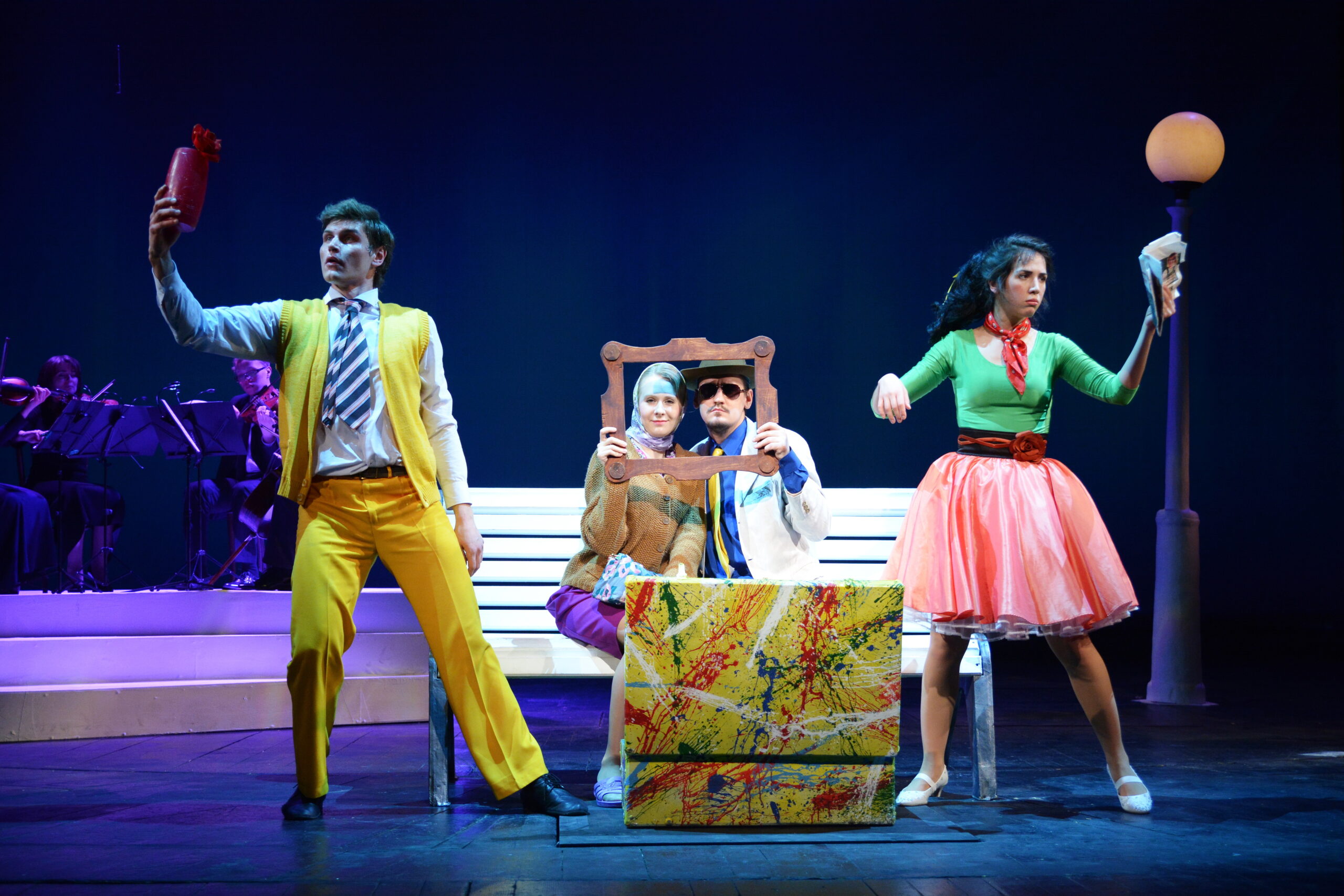There’s a reason I fell in love with theater, and it wasn’t just the thrill of a curtain rising or the magic of lights dimming. It was what happened in between—the stories that unfolded, the truths that came to light, the emotions that felt so real I could hardly believe I was watching actors on a stage. What I’ve come to understand over the years is that theater doesn’t just entertain. It reflects who we are. It gives us a mirror to hold up to our world—sometimes showing us things we’ve ignored, sometimes challenging us, and sometimes helping us make sense of what we’re feeling. That’s the kind of theater I’ve always been drawn to, and it’s the kind I aim to produce.
Seeing Ourselves Onstage
One of the most powerful things theater can do is help us see ourselves. Whether it’s through a character’s struggle, a relationship dynamic, or a moment of joy or heartbreak, something about live performance makes it feel deeply personal. When an audience sits in a room and watches a story unfold, they’re not just spectators—they’re participants. They’re bringing their own experiences, biases, and hopes into the theater with them, and that interaction between the work and the audience is where something really special can happen.
When I’m choosing a piece to work on, I always ask myself: What does this say about the world we live in? What part of the human experience is it tapping into? If it’s something that resonates deeply—something that reflects the complexities of real life, even in a heightened or stylized way—I know it has the potential to connect. That connection is what makes theater timeless. We see ourselves up there, even when we don’t expect to.
Reflecting the World’s Shifts
Theater also gives us a way to track what’s going on around us. Cultural shifts, political tensions, generational changes—they all find their way into the stories we tell on stage. In some ways, theater is one of the most responsive art forms because it lives in the present. It changes with the times, and it can adapt quickly to what’s happening in the world. That immediacy gives it an edge, a pulse that’s hard to replicate elsewhere.
Over the years, I’ve watched how certain themes surface in waves. There are moments when stories about identity rise to the forefront. Other times, it’s about power, inequality, or resilience. The stage becomes a space to process those conversations in a unique way. It’s not just about preaching or presenting a message—it’s about humanizing the issues. When we see a character wrestle with something we’ve read about in the news or debated at dinner tables, it becomes real in a whole new way. That’s where empathy starts to build.
A Safe Place for Big Questions
One of the reasons I believe so strongly in the value of theater is because it creates a space where we can sit with big questions without needing immediate answers. Life doesn’t always offer neat conclusions, and neither does great theater. Sometimes a play leaves us unsettled. Sometimes it stirs up more than it resolves. That’s a good thing. It means the work is doing its job.
Producing shows that take risks—emotionally, politically, structurally—is part of the responsibility I feel as someone who helps bring stories to the stage. The goal isn’t always to make people comfortable. Sometimes it’s to make them think. Sometimes it’s to push them to consider something from a different angle. And sometimes it’s just to show that they’re not alone in whatever they’re going through. Theater can hold all of that, often within the same production.
Bringing People Together
In a world that often feels divided, theater reminds us what we share. For a few hours, strangers sit in a room together and experience the same story. That communal aspect of theater has always struck me as something sacred. It doesn’t matter where you’re from, what you believe, or who you voted for—when you’re in the audience, you’re part of something collective. And even though each person experiences the story differently, there’s a kind of unity in that shared moment.
That’s not something I take lightly as a producer. I’m constantly thinking about the audience. Who are we speaking to? What kind of experience are we offering? Are we creating space for dialogue afterward? Are we reaching people who need to see this story? These questions guide the decisions I make, from the team I work with to how we market the production. Because in the end, theater doesn’t exist in a vacuum. It lives and breathes with the people who show up to watch it.
The Ongoing Conversation
Theater doesn’t have to solve the world’s problems—but it can help us talk about them. It can help us feel less alone. It can offer beauty, complexity, humor, and heart in the face of hard realities. That’s why I keep coming back to it. That’s why I keep looking for stories that reflect the world as it is, and sometimes as it could be.
As a producer, I see my role not just as a facilitator, but as a bridge between the story and the world it’s entering. The stage may be small, but its reach is powerful. It can shape minds, shift perspectives, and, in its own quiet way, be a force for change. That’s the kind of mirror I’m proud to hold up.
